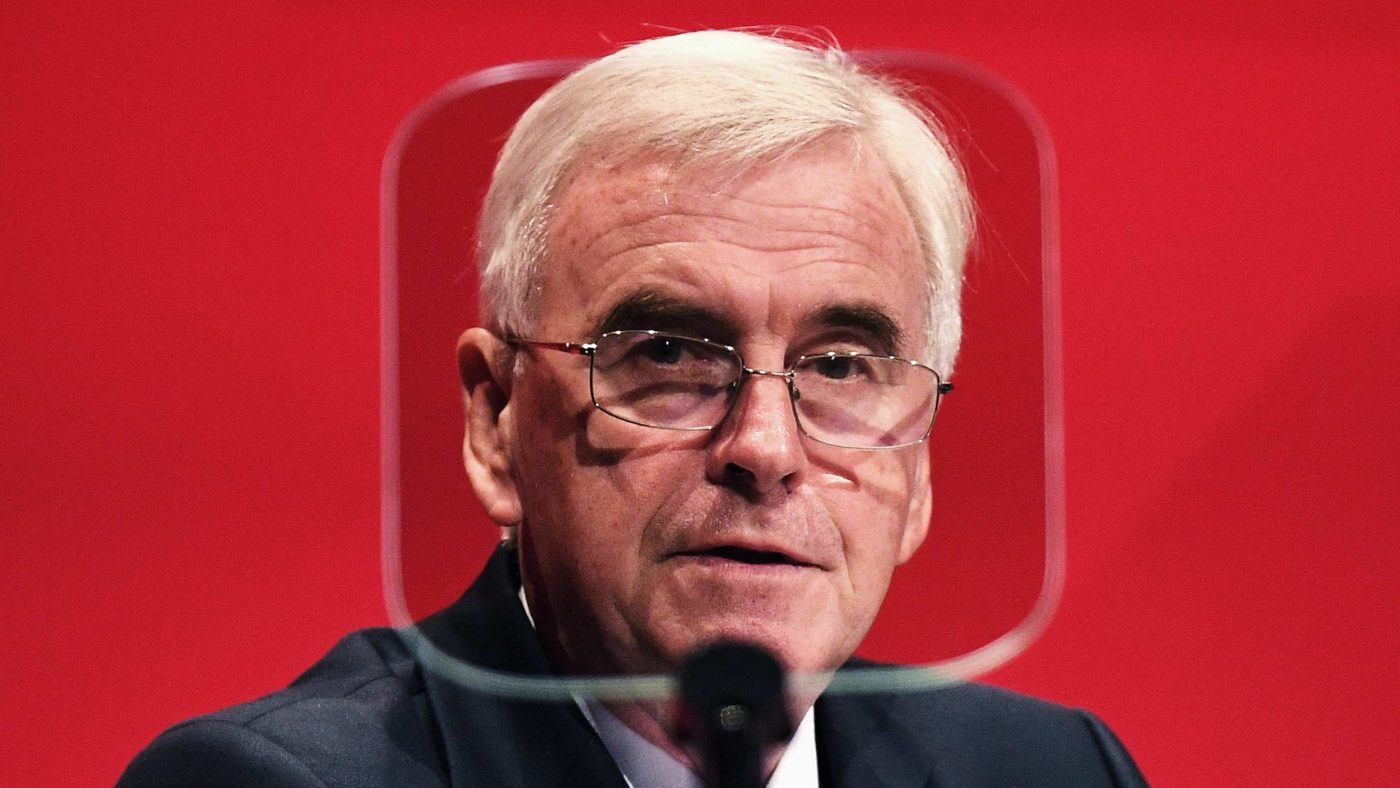If Budgets and Autumn Statements are usually depressing times for those with an interest in fiscal policy, elections are truly the pits.
Budget speeches are usually more laden with bad jokes and spin than clear explanations of the policy measures being introduced. But election campaigns take this to a different level. Politicians wave their “fully costed” manifestos at each other, apparently in the belief that costing pledges somehow makes them credible.
But just because someone has bothered to work out how much something costs, doesn’t make it affordable – or a good idea.
Things don’t improve much when impertinent journalists have the gall to ask how things will be paid for. The response is usually one of the following: a round of Dianne Abbott-style Numberwang; earmarking the revenues from a proposed tax increase that you’ve spent three times already; promising that the money will come (along with untold further millions) by clamping down on tax avoidance; or waffling on about “track records” or the “strong economy”.
Alternatively, if the politician in question has absolutely no idea about the finances, questions are dodged by reassuring interviewers that all “will be revealed in the manifesto”.
Even by the low standards set in the past, the campaign so far has been especially dispiriting – especially on the Labour front.
The Conservatives’ sole tax pledge so far has been not to increase VAT, while the Liberal Democrats have pledged a 1p increase on all income tax bands to fund the NHS. These don’t tell us anything about what the parties would do with any of the other taxes, but they are fairly clear in and of themselves.
On the Labour side, Catherine West, a shadow minister, repeatedly and aggressively criticised Thames Water for not paying any corporation tax, claiming Labour would close all such “loopholes” – and thereby provide vast sums for increased public spending in the process.
When it was gently pointed out to her that Thames Water’s low corporation tax payments were due to their use of capital allowances (for example to build a new “super-sewer” under London), her only response was to say that she “thought it was separate from the investment tax”.
The idea that Government is simply forgoing billions in tax revenue that could easily be collected from “the corporations” is clearly absurd. Nevertheless, it provides a useful way of conjuring money out of thin air.
There appears to be similar confusion when it comes to Labour’s “tax lock”.
There is a pledge not to increase the standard rate of VAT – but makes no mention of the reduced rate that applies to things such as domestic gas and electricity bills and children’s car seats. It also leaves open the possibility of higher rates being introduced on luxury goods.
The pledge not to increase “personal National Insurance Contributions” is even more confusing, as it’s not really clear what they are. It seems reasonable to assume they are referring to class 1 employee National Insurance Contributions as well as classes 2 and 4. This would leave open the possibility of increases to employers’ National Insurance payments – something ruled out by the Shadow Chancellor on Sunday, but now possibly back on the cards after a shadow minister told us we’d have to “wait until the manifesto” to find out whether they’d be going up.
The pledge to not increase “income tax on those earning below £80,000 a year” is also unclear. There is a difference between earning £80,000 and having an income of £80,000, so this leaves open the possibility of higher taxes on income from pensions, investments and more. The same shadow minister went on to indicate that the proposal applied only to “the workforce”.
It’s possible that all this ambiguity and confusion is down to sloppy wording. But subsequent comments have done little, if anything to clarify things.
Perhaps the most objectionable aspect of all of this is the claim that increasing taxes amounts to “asking” some people to contribute more, when what is being proposed would clearly not be voluntary.
That’s without getting into other Labour pledges to “reverse cuts” to a variety of taxes and benefits. How far back they are looking? Cuts since 2015? Since 2010? Earlier?
I guess we’ll have to wait for the manifesto.


